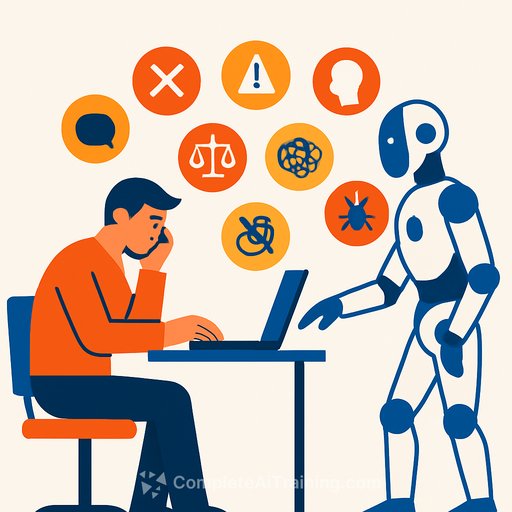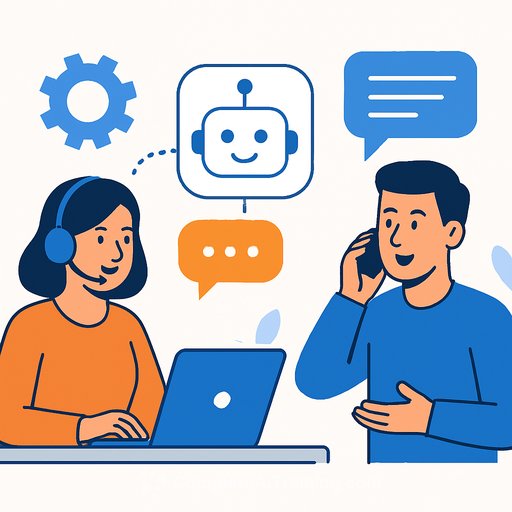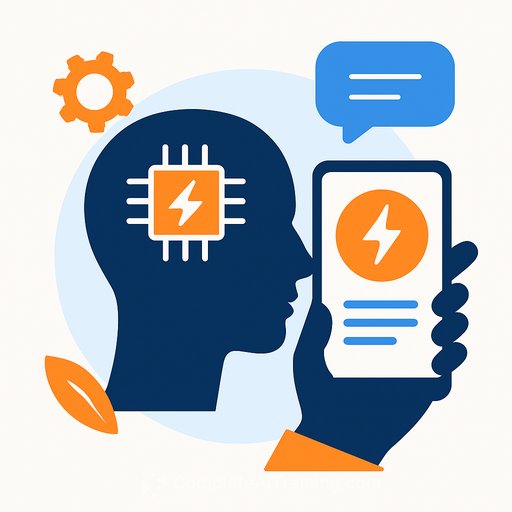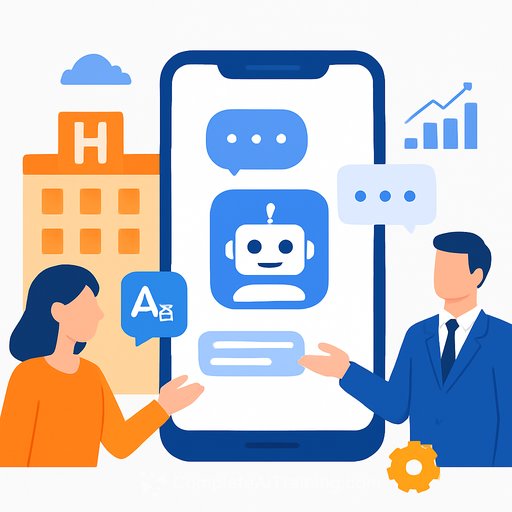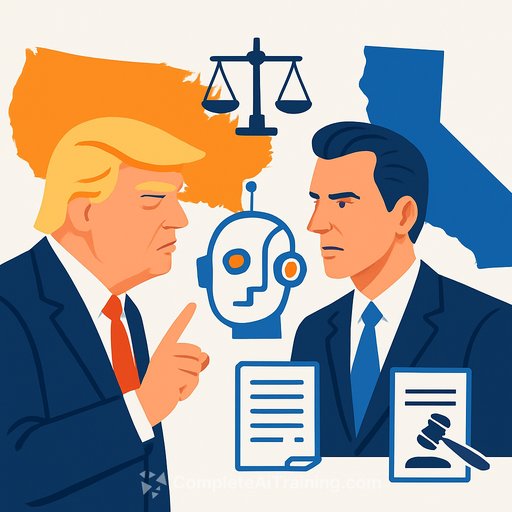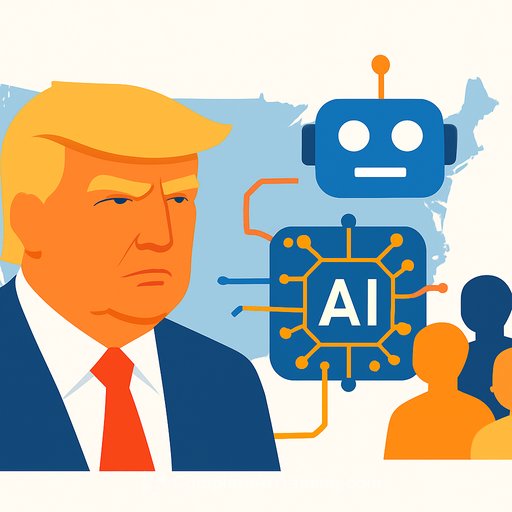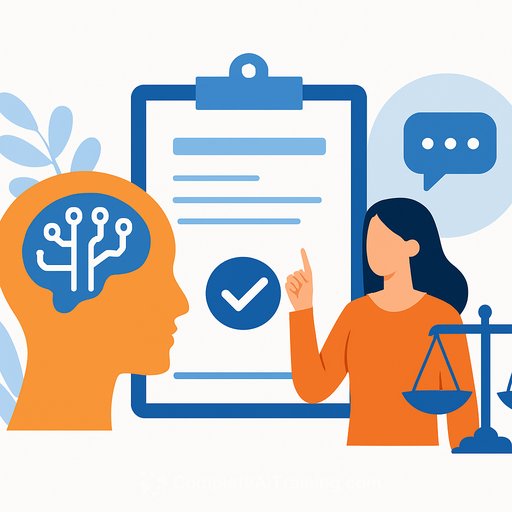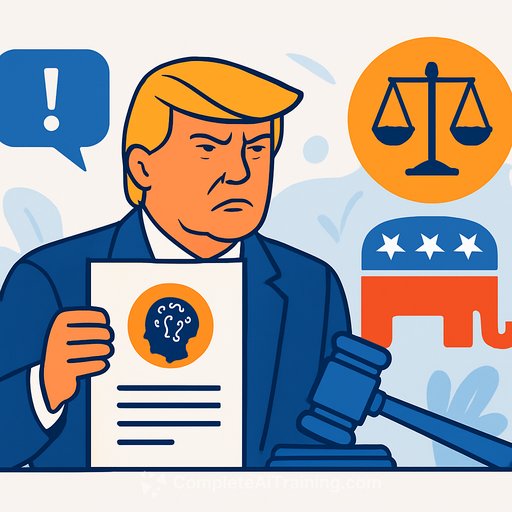Stop Using AI for These 9 Work Tasks — Here’s Why
AI can boost productivity, but it can also disrupt your entire operation if used in the wrong places. From fake legal advice to customer service headaches, there are clear limits to where AI belongs at work. Here are nine tasks where you should avoid handing over control to AI.
1. Handling Confidential or Sensitive Data
Think twice before feeding sensitive information into any AI system. Imagine if what you shared ended up on your company’s public blog or the front page of an industry journal. This risk includes data protected under laws like HIPAA or GDPR. Despite what AI companies claim, assume anything you enter might be used for model training and could show up in other users’ queries later.
2. Reviewing or Writing Contracts
Contracts are detailed, legally binding documents. Using AI to draft or review them is risky because AI can make errors or invent clauses, often sounding confident while doing so. Many contracts include confidentiality clauses that forbid sharing terms outside the agreement, so exposing contract details to AI can lead to serious consequences. If AI messes up a contract, your company will bear the cost—not the AI.
3. Using AI for Legal Advice
Unlike your lawyer, AI doesn't offer legal confidentiality or privilege. According to OpenAI’s CEO, there’s no attorney-client privilege when you use ChatGPT for legal questions. Any input you provide can become discoverable evidence. So, don’t rely on AI for legal strategy or advice—you’re better off consulting a licensed professional.
4. Using AI for Health or Financial Advice
Licensed experts in healthcare and finance are trained to provide accurate, regulated advice. AI can explain concepts simply, but it often misunderstands questions or fabricates answers. Betting your health or financial future on AI-generated advice is a gamble you should avoid.
5. Presenting AI-Generated Work as Your Own
Claiming AI’s output as your original work is plagiarism. Using AI-generated content without disclosure can jeopardize your job and damage your professional reputation.
6. Talking to Customers Without Monitoring the Chat
AI chatbots can be useful as one support option, but they’re not flawless. Always provide customers the choice to speak with a human and monitor AI interactions closely. Otherwise, you risk costly mistakes and unhappy customers.
7. Making Final Hiring and Firing Decisions
Many managers are turning to AI for raises, promotions, layoffs, and terminations. But hiring decisions are bound by labor laws, and AI bias can lead to discrimination claims. If AI makes a faulty decision without human oversight, the company—and you—could face serious legal trouble.
8. Responding to Journalists or Media Inquiries
Journalists don’t just promote your company; they seek real information. Sending AI-generated responses can come off as dismissive or unprofessional, risking negative coverage or social media backlash. Always have trained humans handle media communications.
9. Using AI for Coding Without a Backup
AI can assist with coding, but never rely on it without proper backups. Losing code because you trusted an AI tool without safeguards is a costly mistake.
Bonus: Other Examples of What Not to Do
- Allowing a chatbot to manage applicant data — one chatbot exposed millions of applicants’ personal info to hackers.
- Replacing support staff with AI and bragging about it — a CEO publicly boasted about firing 90% of support employees.
- Publishing AI-generated fake reading lists — a respected publication released a summer reading list filled with non-existent books.
- Suggesting fired employees use chatbots for emotional support — an Xbox producer recommended ChatGPT to ease the stress of job loss.
Have you seen AI cause problems at work? Have you considered delegating a task to AI only to realize later that it needed a human touch? Where do you draw the line in your role?
For anyone in customer support or legal roles looking to understand AI's strengths and limits better, consider exploring targeted training options at Complete AI Training. Getting the right knowledge can help you use AI wisely and avoid costly mistakes.
Your membership also unlocks:

